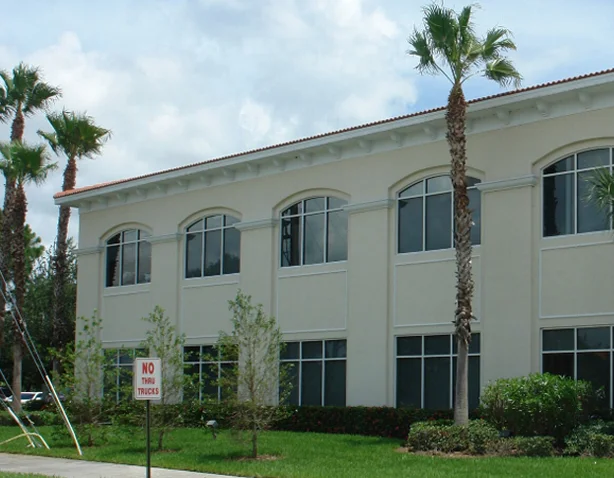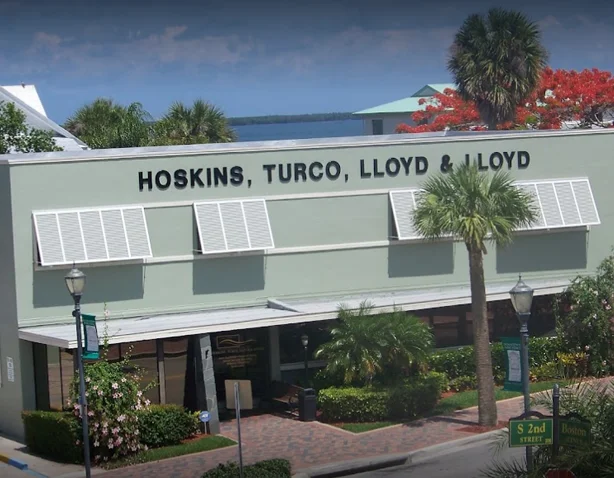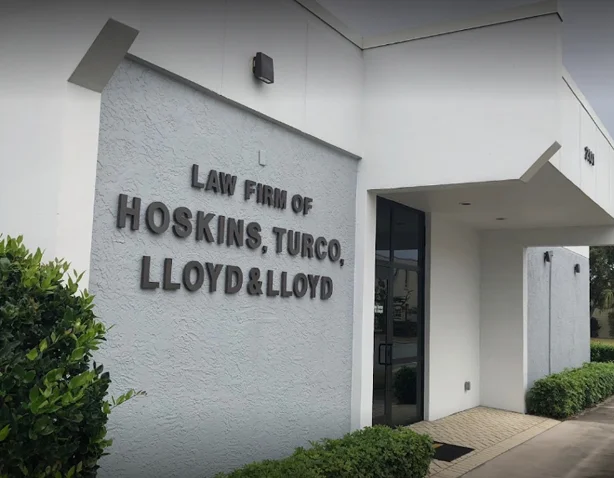New Year’s Eve is just around the corner. For many people on the Treasure Coast, the holiday is a time
Safe Driving Posted on Feb 03, 2016

As more states ban texting and impose limits on handheld cell phone use while driving, motorists are increasingly resorting to alternate technologies.
Hands-free systems, which allow users to operate phones without touching them, have long been touted as a safer alternative to physically holding the device while texting or talking. However, a new University of Utah study says otherwise.
The study observed 200 people engaging in hands-free cellular tasks while operating a simulator or real car, and many mistakes were observed. Approximately 35% of study participants had some sort of traffic infraction, ranging from a forgotten blinker, improper speed, a missed stop sign, or a rear-end collision. The study also found that potentially unsafe levels of cognitive distraction can persist for as long as 27 seconds after completing the hands-free task.
Further, the study put Apple iPhone’s Siri to the test, which received the worst rating of all devices considered. On a five-point scale, Siri received a 4.14. For context, test subjects solving complex math problems or memorizing a set of words in the simulated driving environment received a distraction rating of 4.6.
Hands-free systems like Siri are not only a distraction; they may actually be less safe than handheld systems. One big issue with these systems is that sometimes it takes longer for a command to be recognized and fulfilled as opposed to a driver manually punching the message. This means the period of distraction is much higher.
Another major issue with the use of hands-free technology is that it invites people to multi-task, which the human brain does not do easily or well. In a neurocognitive study conducted by the Massachusetts Institute of Technology, researchers found a substantially lower amount of brain power devoted to safe driving in motorists using hands-free cellular systems. Drivers were mentally distracted, with many missing other vehicles in their visual periphery and having compromised reaction times.
Since 2012, the number of distracted driving collisions in Florida has increased by 25%, and the state has identified Distracted Driving as one of the top eight traffic safety concerns. Yet, only texting while driving is banned in Florida, and it is a secondary ban, meaning an offending motorist can only be ticketed if he or she is pulled over for another primary offense. While the law has good intentions, it is important for each driver to be responsible for keeping themselves and other motorists safe while on the road and refrain from all forms of distracted driving.
If you or a loved one has been involved in a motor vehicle accident where you suspect the other party was texting, then you may have a case based on negligence, and your next step should be to contact an experienced and proven personal injury attorney.
With over 35 years of experience, Florida Bar Board Certified Civil Trial Lawyer Steve Hoskins has assisted thousands of injured victims and their families in the Treasure Coast region receive the financial compensation and peace-of-mind they deserve. When it comes to personal injury cases in Florida, timing can make or break your case, so contact the Law Firm of Hoskins, Turco, Lloyd & Lloyd now for a free consultation at any of our offices located in Port St. Lucie, Vero Beach, Fort Pierce, or Okeechobee.
Call today for your complimentary appointment — 866-460-1990.
New Year’s Eve is just around the corner. For many people on the Treasure Coast, the holiday is a time
South Florida is currently experiencing one of the highest rates of inflation in the country. According to the U.S. Bureau
How the technology raises risk of carbon monoxide poisoning Are all the electronics in your car a good thing? When

Phone: (772) 344-7770
Fax: (772) 344-3838

Phone: (772) 464-4600
Fax: (772) 465-4747

Phone: (772) 577-7551
Fax: (772) 794-7773

Phone: (863) 357-5800
Fax: (863) 763-2237
As the law firm Florida has trusted for over 40 years to fight on their behalf, we are more than ready to represent you. Put our experience and reputation to work. If you need help with any legal matter, whether it’s a personal injury, workers’ compensation, disability or bankruptcy case, contact us now. The consultation is absolutely free.
Get the answers you need. We’ll review your case today, for free.
"*" indicates required fields